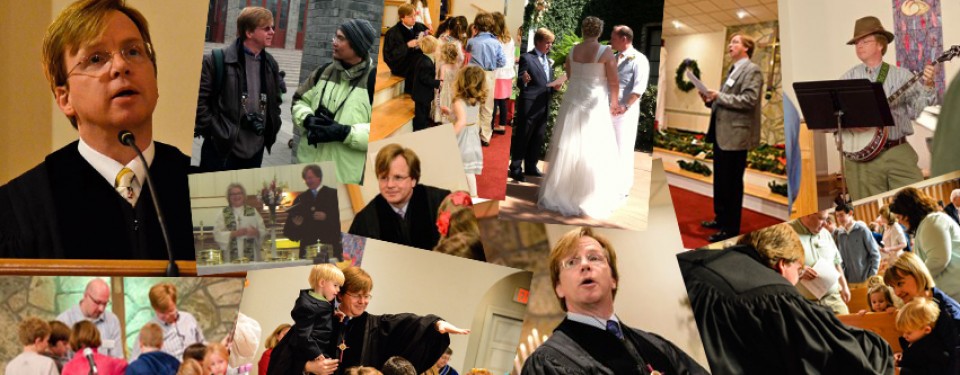
Our scripture readings this morning all touch on different aspects of the issue of Discipleship.
In Acts 16, we see Paul and his team of co-workers responding to Paul’s vision that they are to minister in Macedonia. Once they arrive there, we see a woman in turn responding to Paul’s evangelism. She establishes a church within her own home; a church that Paul’s Epistles tell us supported him and his ministry for the rest of his life. Yes, Paul, Silas and Timothy were all Disciples. But, so was Lydia and so were those who succeeded her in the Church at Phillippi, and so are we.
Our reading from the end of the Book of Revelation is John’s penultimate vision of New Jerusalem: descending from Heaven, unifying Heaven and Earth. We will finally see the face of God; forever free from any curse or sin.
Paul’s dream, his work, and ours, are all part of preparing for the New Jerusalem; which is the goal of our Discipleship: the vision in the Book of Revelation is of what will be made manifest when our work, as disciples working together to build the Kingdom of God here on earth, is complete.
But, Literalists tend to see this passage, and the Book of Revelation as a whole, as a declaration of how everyone must become a Christian, and that those who refuse that call will perish. (Meaning us too, since we do not interpret the Bible in the same way they do.) For many of them, the Book of Revelation is an affirmation that there is one and only one true faith, and that it is theirs. It saddens me how those who believe there is a very narrow path to salvation are often equally certain they are one of the few who have actually found it.
But, did Jesus actually teach this? Is it a helpful interpretation of scripture?






